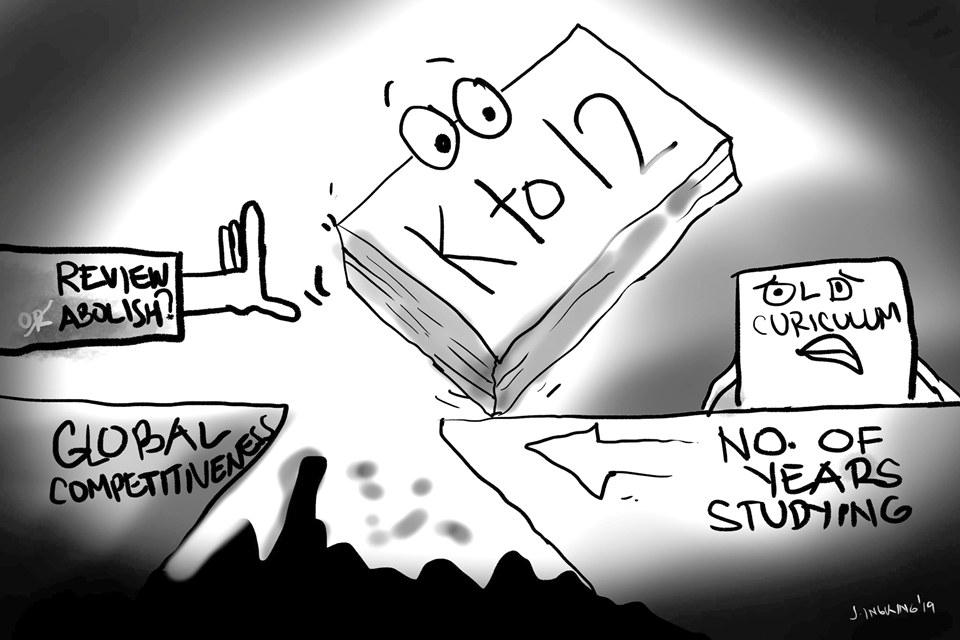Why the Education System is Flawed

Why the Education System is Flawed
- 2464
- 0 Comment
Why is the education system flawed? This question has long perplexed me. Is it based on the idea that everyone is a genius, or is it a matter of judging a fish by how well it can climb a tree? Or is the education system based on arbitrary and unchallenging curricula? These are good questions to ask but I will limit myself to a few simple points.
Modern school curriculum is arbitrary and insufficiently challenging
One of the most troubling aspects of the modern school curriculum is that it is designed by a few individuals who have little regard for the needs of society. Those who control the curriculum are ultimately in charge of shaping future generations. Unfortunately, many educators have fallen into this trap. While traditional school curriculums often focus on content, progressive educators have increasingly focused on teaching thinking and questioning skills. Thus, a curriculum with fixed content and a hierarchy has gradually lost its relevance.
Government policies inhibit school success
Despite a long-standing desire on the part of American citizens to improve public education, the Federal government’s involvement in school affairs is not justified. Even the major categorical programs such as Head Start are not helping to close the achievement gap between low-income and affluent students. Yet Congress has remained largely unwilling to end any education programs. As a result, federal dollars destined for education are diverted to programs that are not working.
In-school counselors and other “innovations”
In-school counseling is a practice that began in the UK to help underachieving students. It involves special training for teachers who work with students and are primarily responsible for the behavior of their year group. Heads of year, or “year group counselors”, also play a major role in supporting students’ emotional and social wellbeing, as well as their course options and career planning. The role of school counselors is mandatory in Wales, and the United States, though many states may opt not to have one.
Funding
Funding for public schools comes from various sources: sales taxes, income taxes, and property taxes. Unfortunately, funding for schools is often unequal because property taxes vary from neighborhood to neighborhood. This inequity leads to disparities in academic achievement. States must make changes to make sure that all students receive a quality education. States must also monitor the use of funds and closely tie funding systems to costs. Until these changes are made, schools will remain poorly funded.
Negative messaging
While the specific conditions that the author outlines in her article have changed, the fundamental problems with our educational system have not. The following discussion will explore the underlying causes and consequences of the negative messaging in our education system. This article will also explain why negative messaging in our education system is flawed. If we are unable to recognize the cause of a problem, we may never be able to solve it. But we can learn from the experiences of others, and improve the educational system.
Business groups
When the business community complains that our education system is broken, it often fails to recognize that it is itself broken. That’s why they scapegoat teachers, the curriculum, and schools. They ignore the larger problems – the concentration of wealth and privilege resulting from racial and class segregation – and point to specific, often overlooked, causes. Unfortunately, this way of thinking clings to a fantasy of “great schools” and the myth that public education is not broken.
Government policies
In recent decades, the use of public schools for social engineering has increased. The role of government policies in education is often overlooked. Ineffective leadership, bureaucratic regulation, and rigid personnel rules have all prevented schools from achieving their full potential. Even if these practices are not the fault of professional educators, they do hinder the ability of schools to serve students and the community as a whole. The problem is so widespread, it is impossible to address in a single article.

